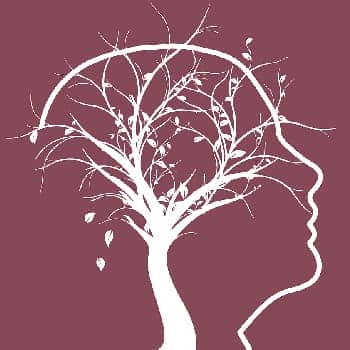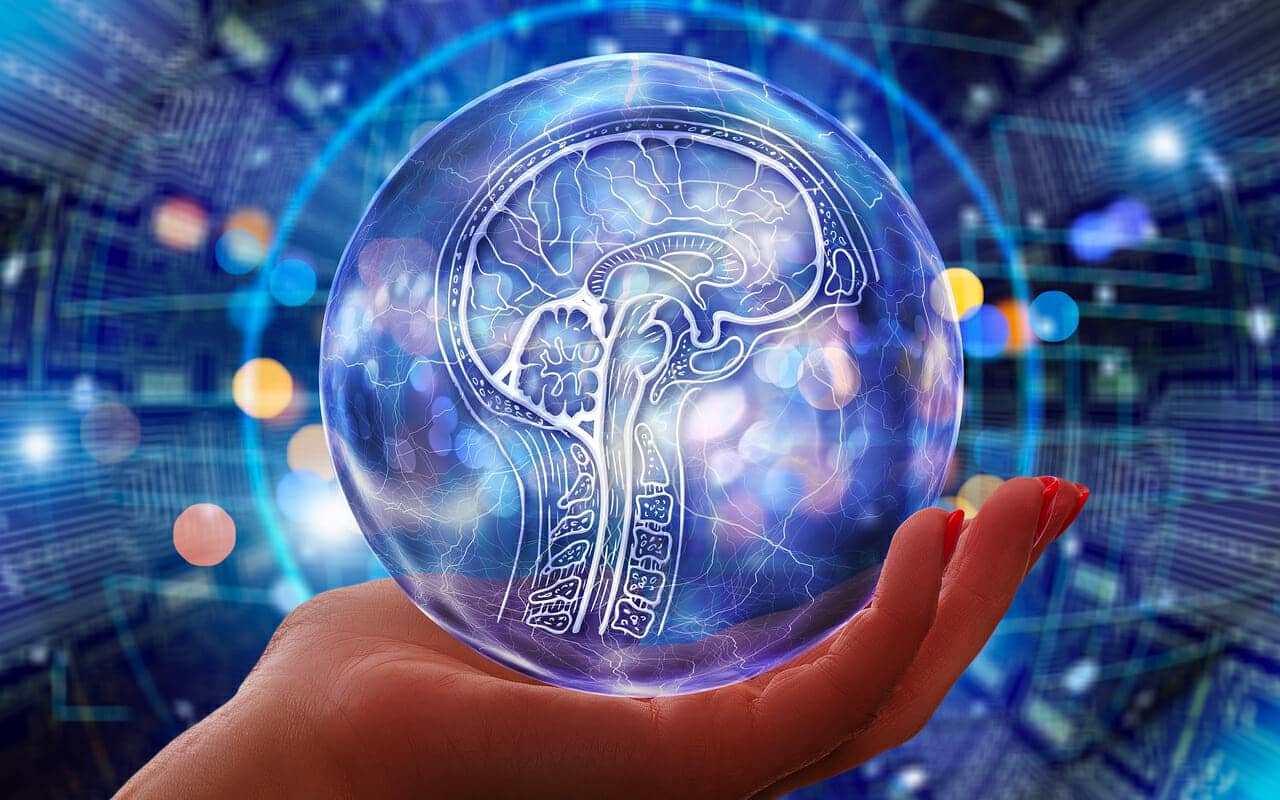 When I think of all the many experts who have helped people learn faster and remember more, memory science itself is one of the unsung heroes.
When I think of all the many experts who have helped people learn faster and remember more, memory science itself is one of the unsung heroes.
From groups of scientists who have discovered ways we can preserve our minds as we age, to individual researchers who have discovered and named different effects, we owe them a lot for their work.
Let’s have a look at some of the key players and their contributions.
And let’s look at some of the newer problems that have arisen in recent times.
We’re going to need good memory science more than ever before in order to navigate the growing info overwhelm.
How Our Brains Make Memories
Ideas about how memories form used to be highly philosophical and based on early forms of logic. As Richard Sorabji has shown in Aristotle on Memory, the ancient Greeks defined memory by the passage of time and various aspects of human imagination.
Aristotle not only theorized about how perception works with the imagination to form memories, but also taught mnemonic processes based around the alphabet.

But memory science starts in earnest with Hermann Ebbinghaus in 1885. He identified the forgetting curve and developed a process for establishing memories called spaced repetition.
The problem is, we know a lot of effects and we have a lot of names to describe how memory works. But as neuroscience expert Ginny Smith points out in her book Overloaded, most of what we know about memory doesn’t come from brain scans. It comes from studies conducted by behavioral scientists.
For example, when we talk about prospective memory, a kind of memory that helps us remember and complete things on our to-do lists, scientists have to study how people behave. Then, they draw inferences from the data and dialogue about the conclusions with other researchers.
Why Do We Forget Things?
Although it’s not entirely clear how the brain forms memories, why we forget is much better understood.
For example, we know that we fail to remember information when we:
- Aren’t giving information our focused attention
- We are bombarded to the point of cue overload
- There’s too much interference from competing stimuli in the environment
- We aren’t equipped with memory techniques to help us retain information
Another big reason some of us forget has to do with mental clarity. If you’ve had a stroke, suffer from brain fog or any of a number of health issues, you’ll likely struggle.
There’s hope, however. Even people recovering from serious brain injury have shown positive recovery. My student Matt Barclay comes to mind – he memorized and recited scripture as part of how he recovered from brain injury. You can watch him demonstrate and discuss how memorizing scripture helped.
It doesn’t have to be scripture, however. We’ll talk about a number of memory exercises you can pursue in a minute. But first, there are some new challenges we need to discuss.
The Latest Foes Fighting Against Your Memory
One of the most memory-challenging aspects of our time involves information overwhelm.
Many of us love our technology and would rather scroll than read a physical book.
This new preference is problematic because of an issue some researchers call digital amnesia.
Consensus on the matter is hard to find. In one study, researchers found that reading print only yields better results when “the topic of the text and its relevance to students’ professional discipline was considered.”
In other words, if you want to pass tests or perform well at your job, you should be reading print books.
Another study was more damning, showing that scrolling decimates comprehension, including books we read purely for entertainment. This finding is troubling because it may explain why so many people report feeling restless and unexcited. When you can’t even understand what you’re reading for fun, it’s little wonder if your suffering spikes.
The Role of AI
It’s too soon to tell where Artificial Intelligence is going to take us. On the one hand, I’ve seen great results with using Chatgpt for language learning.
On the other hand, the software in no way provides the most important activities needed to really learn a new language. When you take into account the poor recall people are experiencing as a result of too much reading from screens, any benefits you might get from using AI to learn are likely limited by the effects of digital amnesia.
What You Can Do About It
Fortunately, you don’t have to throw the baby out with the bathwater.
Science shows beyond any doubt that cognitive training exercises work. As Dr. Christine Till’s research has shown, you can even get some results from certain software programs, provided you follow-up with a human trainer.
The key is to personalize your own memory training program and base it around goals.
Because there’s so much evidence showing that developing bilingualism helps protect your brain from Dementia and Alzheimer’s, I suggest you learn to use the Memory Palace technique for language learning.
You can also complete a number of brain exercises and follow the suggestions of experts like Dr. Gary Small. I use his 4-details exercise almost every day.
Finally, I suggest getting involved in reading and learning as much about memory science yourself as you can. Sure, there’s a lot to commit to memory in order to understand the science, but that’s where this free course comes in:
It will help you master the science-backed memory hacks that are proven to help you learn faster and remember more.
Once you’re up to speed, here are the key memory science terms I feel will help you understand what your memory is and give you the best ideas available for how to improve it:
- Semantic memory
- Procedural memory
- Episodic memory
- Autobiographical memory
- Eidetic memory
- Working memory
- Implicit memory
- Explicit memory
You may also like to learn more about various memory scientists and people who have discovered various ways to use accelerated memory techniques that legitimately help learners retain more information. These include:
- Luria’s discovery of Shereshevsky‘s incredible recall abilities
- Barbara Oakley’s work on learning how to learn
- Various examples of photographic memory
- Dr. David Reser and Tyson Yunkaporta‘s scientific study of Aboriginal memory techniques
- Interleaving
- The Leitner System
These are just a handful of places looking into memory science can take you.
And it’s important to remember that true scientific inquiry is always a springboard. It’s about asking questions, developing hypothesis, gathering evidence to confirm, deny or revise them, data analysis and the open sharing of results.
Memory science is a beautiful thing and mnemonists and polymaths have been rewarded for decades by paying close attention to the findings shared by memory scientists.
Related Posts
- Stoic Secrets For Using Memory Techniques With Language Learning
Christopher Huff shares his Stoic secrets for using memory techniques when learning a language. You'll…
- The German Professor Who Defends Memory Techniques for Language Learning
This professor defends memorization techniques for learning foreign languages and has the science to prove…
- Mnemonics, Language Learning And Virtual Memory Palaces In Discussion With Timothy Moser
Two memory skills enthusiasts reveal all.






